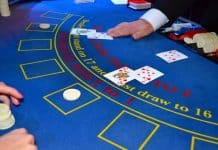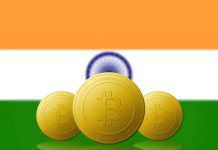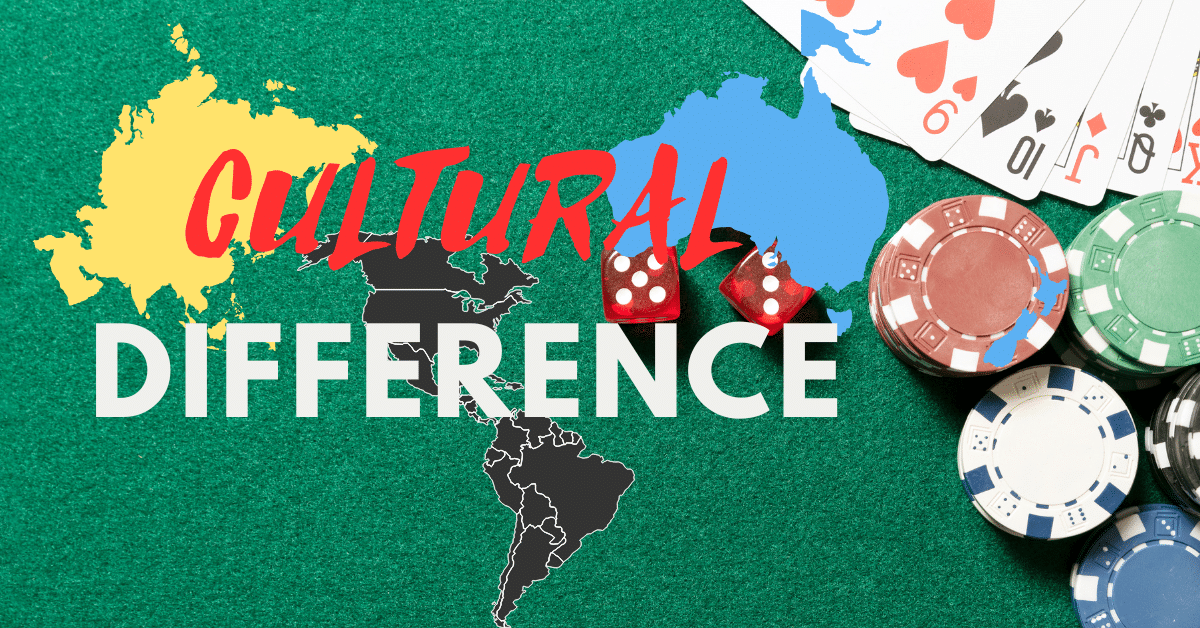The belief in luck or “fate” (e.g. fuk in Chinese) is a powerful motivator. Such is the case with Baccarat and Mahjong, games that gamblers consider tests of fortune rather than skill. Gambling is a communal activity involving families and friends, but also a cosmic activity.
In Europe, the history of gambling follows aristocracy and strategic competition. Gaming games such as Poker and Roulette developed in European courts and saloons as intellectual and social pastimes. It’s a leisure activity that should be done moderately. Social stigma regarding gambling varies considerably from country to country, but is generally not a test of fate but a form of recreation clearly associated with skill and chance.
Gambling largely represents the “American dream” like capitalism, risk-taking, and the pursuit of wealth. The American conception of gambling is one of skill, where strategy and intellect can outweigh luck. That’s apparent in games such as Poker, where the best professional players are celebrated, and sports betting, a huge industry built on statistical analysis.
Popular Games and Betting Preferences
Game types preferred in each region reflect cultural attitudes towards gambling.
Games of chance dominate in Asia. The king of casino revenue is Baccarat in Macau, the world’s largest gambling city. Its easy rules and large stakes attract a cultural preference for games in which luck and quick fortunes are central. Popular other games include Sic Bo and Dragon’s Dragon Tiger. In more casual settings Mahjong is both a game and a social ritual.
In Europe, there is a mix of chance and skill games. It has a thriving tournament scene and is considered one of Poker’s global centres. Roulette is a classic casino game with a long European history. Sports betting is also very popular, especially football (soccer). More sophisticated Europeans are usually better bettors who prefer complex wagers and statistical analysis that covers more than just football.
Its sporting culture drives American betting preferences. Sports betting on the “big four” leagues (NFL, NBA, MLB, NHL) is the dominant form of gambling. Legalized online sports betting only reinforced this trend. Professional poker and televised tournaments are other cultural phenomena. Slot machines in casinos are a major revenue driver because they appeal to a sense of frantic, high-risk entertainment.
The Regulatory Landscape and Industry Structure
The gambling legal and regulatory frameworks are regional and reflect the local political history. Usually found in Asia, the regulations are strict and centralized, and some countries, like China, ban all gambling except state lotteries. Only Macau and Singapore have regulated, government-approved casinos that generate major economic engines.
Europe has a patchwork of national laws that govern things. Each country has its own gambling laws, which means that Sweden and France have state monopolies, while the UK and Malta have open, competitive markets. Online gambling has been made legal to protect customers and collect taxes. Consumer protection, responsible gaming, and competition will be the main goals.
In America, gambling regulation is a state-by-state affair – a consequence of the federalist system. This has produced a fractured and changing market. Nevada and New Jersey were pioneers, but the repeal of the Professional and Amateur Sports Protection Act (PASPA) in 2018 set off a wave of states legalizing Sports betting.
A Global Tapestry of Chance and Skill
Differences in gambling preferences across Asia, Europe, and America go beyond preference and reflect deep cultural, historical, and philosophical differences. From Asian respect for fate and communal play to European historical associations with strategy and aristocracy, each region has developed its own relationship with games of chance and skill. Knowing these differences helps understand the global gambling market and the many ways people around the world gamble, one of humanity’s most popular pastimes.











